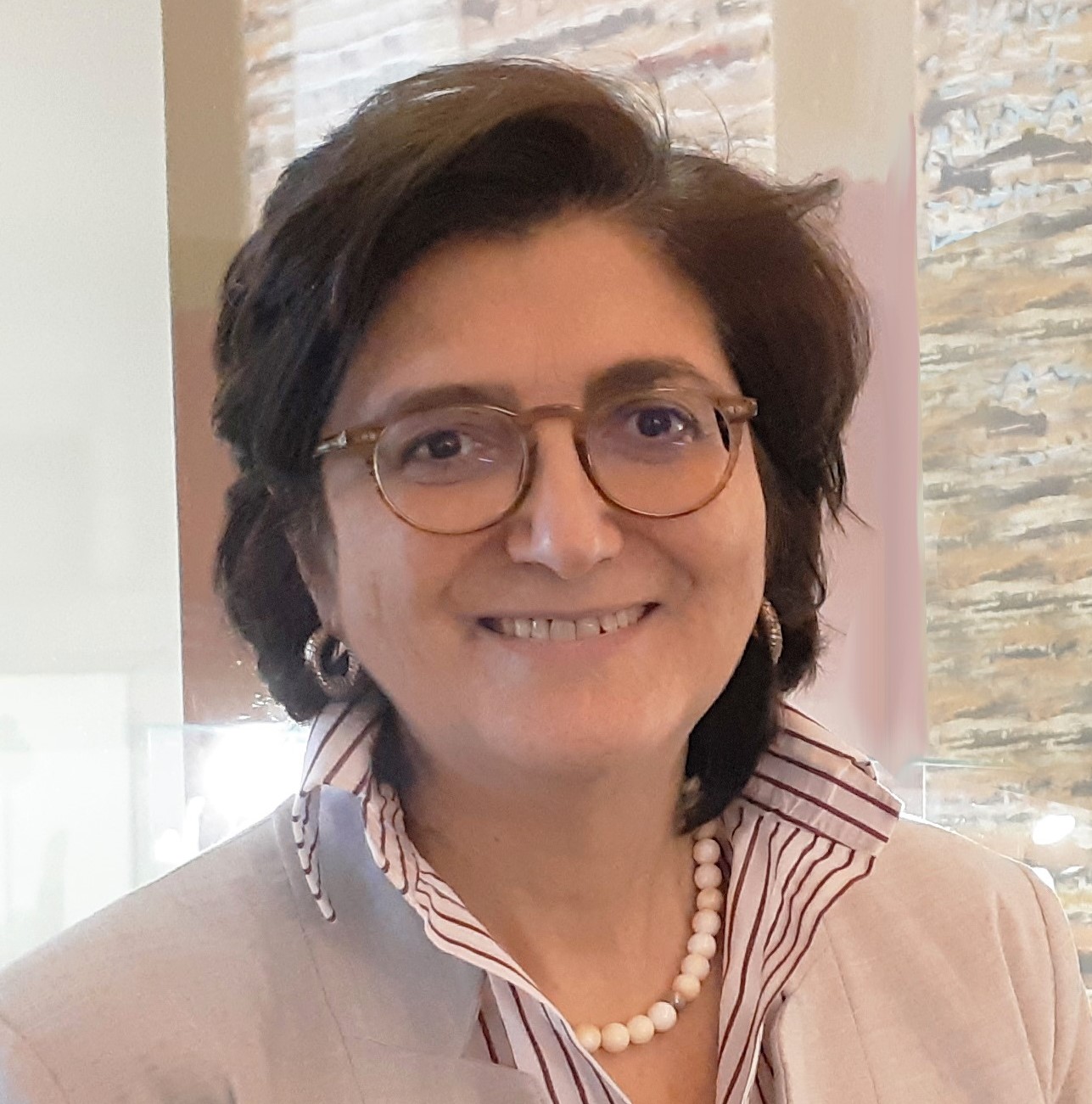The LUM University PhD in Translational Medicine and Engineering: Advanced Technologies for Health (MED-TECH) is a 3-year program designed for highly qualified and motivated students who wish to acquire the research and analytical skills to lead digital and technological innovation in the healthcare sector, making a significant contribution to the advancement of medicine and the protection of public health.
Through an interdisciplinary and research-oriented approach, the PhD program seeks to foster an understanding of the complex and functional relationships between medicine and engineering, providing students with both theoretical and practical tools to address complex issues in areas such as prevention, health protection, risk prediction, diagnostics, medical therapy, and surgery. Among the competencies to be developed is the use of artificial intelligence models for managing healthcare big data and developing predictive algorithms, which are essential for innovative and personalized approaches. Particular emphasis is also placed on the technological aspects of surgical practice. The training also includes genomic and anatomomorphometric analysis methodologies applied to tissues, organs, and pathologies, with the goal of extracting metric data and processing it using AI models.
The program is based on a tutored research program integrated by a mix of full-time courses, seminars and interactions with teachers and scholars. The program stands out for its multidisciplinary approach, combining medical, engineering, and computational expertise. Students will attend common courses to acquire foundational knowledge in both macro-areas and their points of integration. Subsequently, they will be able to customize their pathway by selecting courses best suited to their specific research project, up to the required number of credits.
The course is designed both for students aspiring to an academic career and for those who wish to acquire scientific research skills applicable to various sectors outside academia, such as specialized physicians and engineers, entrepreneurs, managers, consultants, and analysts.
Director of the PhD Program is Prof. Licia Iacoviello
Administrative assistant is Dr. Angela De Leo
Leggi
Leggi meno
The mission of the MED-TECH PhD program is to serve as an international benchmark in research and education focused on innovation and the digital transformation of the healthcare system. By fostering interdisciplinary expertise in medicine, engineering, and computational sciences, the program aims to contribute to positive change across academia, the private and public sectors, and society at large. It is committed to developing cutting-edge technologies—ranging from surgical robotics to smart health solutions—through advanced and precise research.
The vision of the MED-TECH PhD program is to build a dynamic and inclusive academic community at the forefront of developing and applying advanced technologies in medicine. The program envisions training highly qualified professionals capable of operating at the intersection of medicine, engineering, and data science. In a time when healthcare challenges demand increasingly personalized and multidisciplinary approaches, MED-TECH seeks to address these needs by promoting the digitization of the healthcare system and the integration of technologies such as artificial intelligence, robotics, and big data analytics to enhance prevention, diagnosis, therapy, and patient care.

